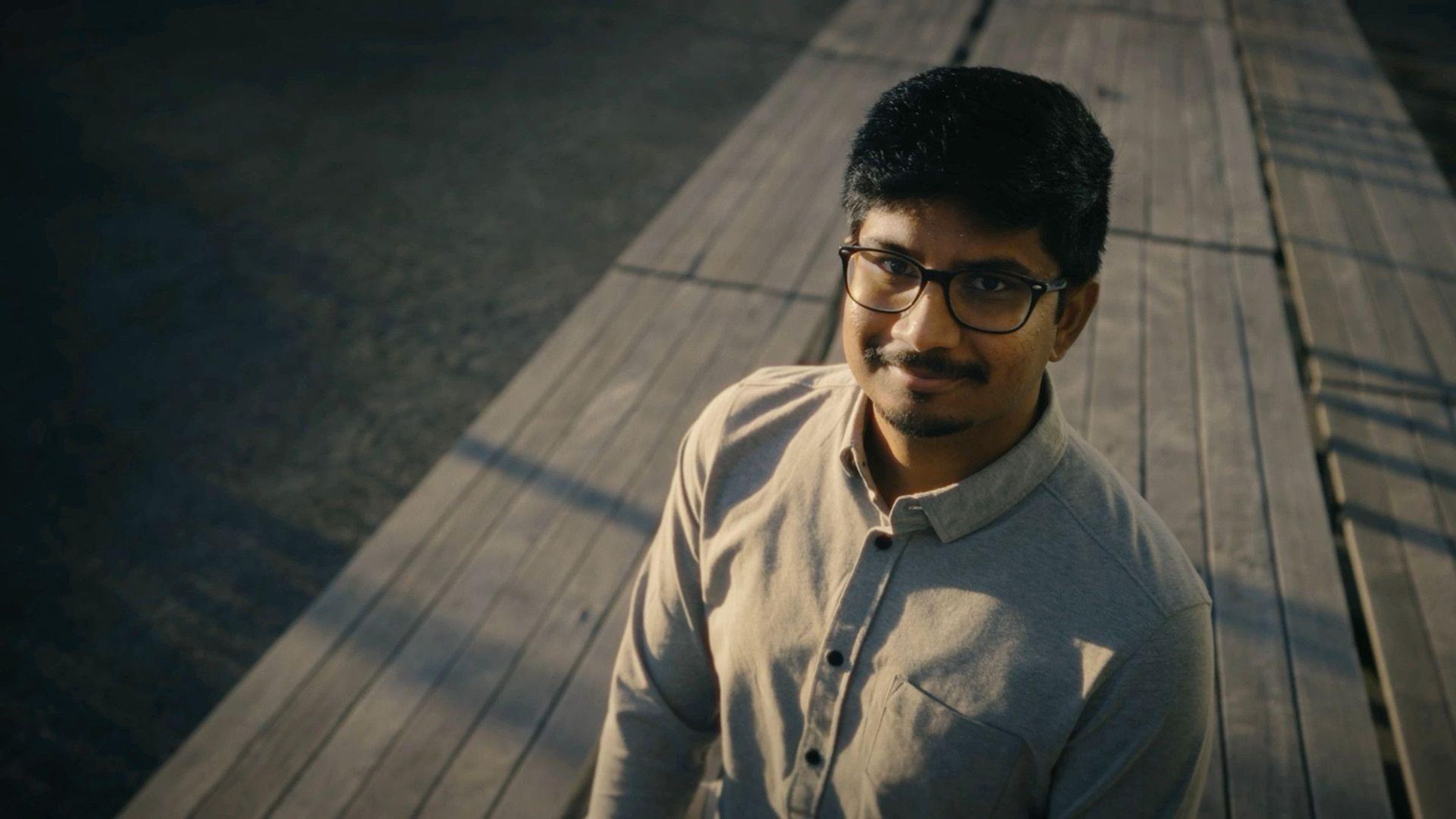
We Are Sanofi
We want to build a healthier, more resilient world. We turn the impossible into the possible by discovering, developing, and delivering medicines and vaccines for millions of people around the world.

Each of Us Plays a Unique Role in Bringing Our Purpose to Life

Our Strategy
We’re on a mission to go further, faster for patients. To take the lead through breakthrough science and by striving to be a driver of progress and positive impact for the people and communities we serve.
Our Governance
Sustainability
We want to do the right thing. We never stop trying to improve the lives of patients, the planet, and our employees.
A Legacy of Impact
Our Pipeline
5
93
26

One Day at Sanofi
When one team is turning off the lights and heading home, another team is just getting started. Across our company, whatever our roles, Sanofians are connected by a mindset to win and the energy to never settle. We all chase the miracles of science to improve people’s lives.
